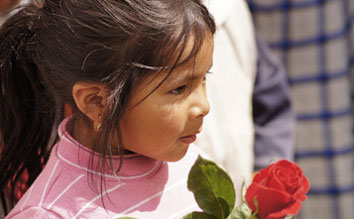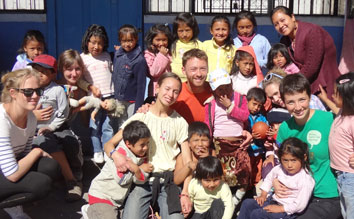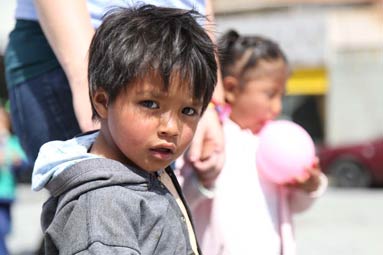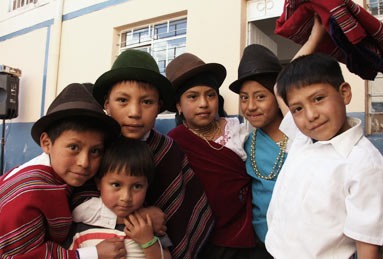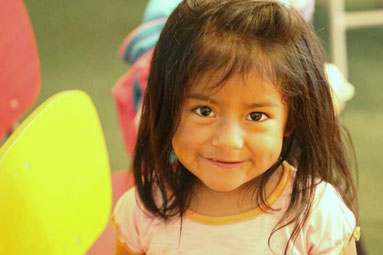
Who we support
Through our work we support the UN’s Sustainable Development Goals
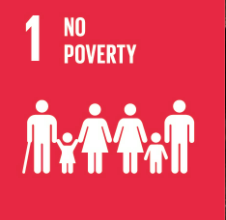
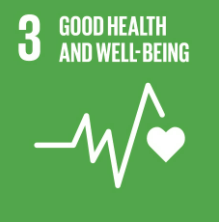


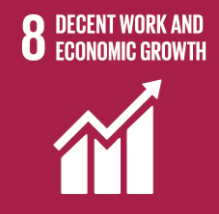
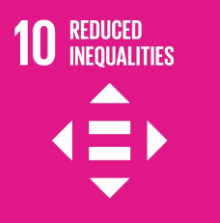
Who we work with
We partner with three organisations in Ecuador and fund the salaries of teachers, social workers, psychologists. We also provide scholarships for poorer students and medicines for the clinic at CENIT.
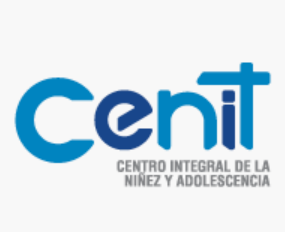
CENIT (The Integrated Centre for Childhood and Adolescence), based in South Quito, has been running a school to help poor, disadvantaged working children since 1991. In particular, they have supported girls who are more vulnerable to abuse and less likely to attend school. It also runs outreach playgroups in two markets.
CENIT’s work is far-reaching and inclusive. It incorporates health, social and psychological support, education and vocational training. The experienced team consists of around 15 local employees as well as local and international volunteers who, annually, reach out to some 400 children and their families. ViaNiños supports them by funding salaries for social workers, education specialists and teaching staff.
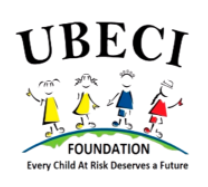
UBECI is a small organisation that has worked with particularly vulnerable children in Quito’s markets since 2005. Every day, the outreach workers work in different markets with support from international volunteers. They take the young children to a safe area away from the markets to play and learn as well as develop key social and development skills. In addition, the staff work with parents to integrate the older children into mainstream school and offer them homework support.
To support parents, UBECI also runs workshops to educate parents on topics such as human rights, child labour, domestic and child abuse and its prevention. These are a vital part of the programme to improve the children’s well-being.
ViaNiños funds the salaries for two outreach workers and two child psychologists who work tirelessly to help children in their community.
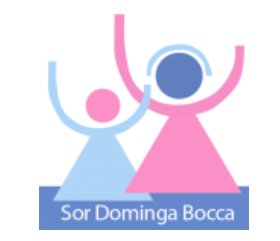
Sor Dominga Bocca is a home in Guayaquil that houses 22 girls aged between 3 and 18 years. These girls are no longer able to live with their families due to domestic violence and abuse or have been abandoned. A team consisting of one social worker, psychologists, education specialists and a cook look after the girls in a family environment. They pay particular attention to the girls’ psychological healing as well as integrating them into mainstream school. The social worker and care workers strive to establish and maintain contact with the children’s families. Following primary and secondary education, Sor Dominga Bocca supports the girls to go on to further education or training. ViaNiños funds the salary for one psychologist.
How ViaNiños has changed lives
Gabriella

When Gabriella was young, her father abandoned the family and the children were placed into a children’s home until their mother took them out again a year later. The family survived on the limited income they received from recycling bottles from around a South Quito market. Gabriella was left to play in the market. A fun childhood and education was not a consideration.
When Gabriella was six, a CENIT social worker worked with her mother and encouraged her to send Gabriella to school. At eight, Gabriella moved to the second grade and received social and psychological support to help her integrate into the school and deal with many issues.
Sabrina

Sabrina entered the Sor Dominga Bocca hostel with her two sisters when she was seven years old, after their parents died from AIDS. As the oldest, she took on the role of her mother to look after her siblings, including a disabled brother. Sabrina was diligent, quiet and obedient and studied hard at school. She passed her scholarship with excellent grades and went on to study Economics at la Universidad Estatal de Guayaquil. Now she works at Fedex, thanks to a helper at Sor Dominga Bocca who also worked at the firm. Sabrina stayed at the hostel while her economic situation improved and she helped her siblings. Unfortunately, her siblings weren’t as lucky as their sister and left the hostel while Sabrina continued her studies. In 2021, Sabrina decided to leave the hostel at 24 years old and is now living with one of her sisters and a niece.
Maria
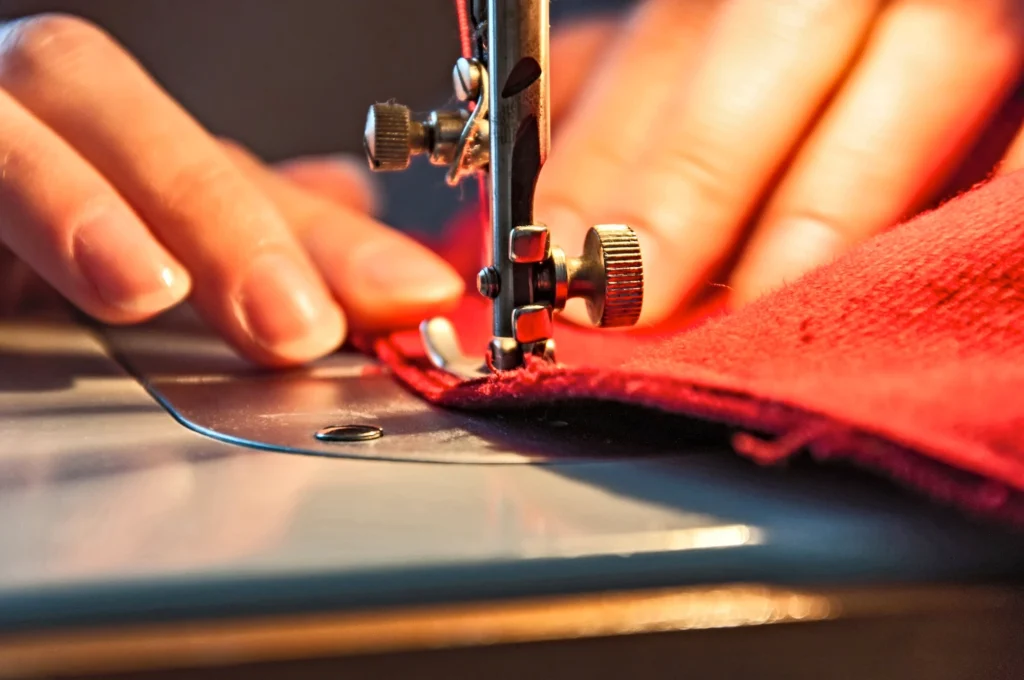
Maria was born to an indigenous single mother and was raised by her aunt and uncle in the countryside. School wasn’t an option for her until she moved to live with her mother in south Quito, at 11 years old. At 12, she was sent to work as a maid for a wealthy family and was separated from her own family for two years.
She watched other children go to school and decided she wanted to go too. Within a year she saved enough money to cover all her school costs. With her mother’s support, she enrolled in CENIT’s high school and was put on a specialist education programme that accommodates the challenges that older students face. Alongside her studies, Maria also attended a clothes-making course to learn a vocational skill that would provide an additional opportunity to find solid employment.
